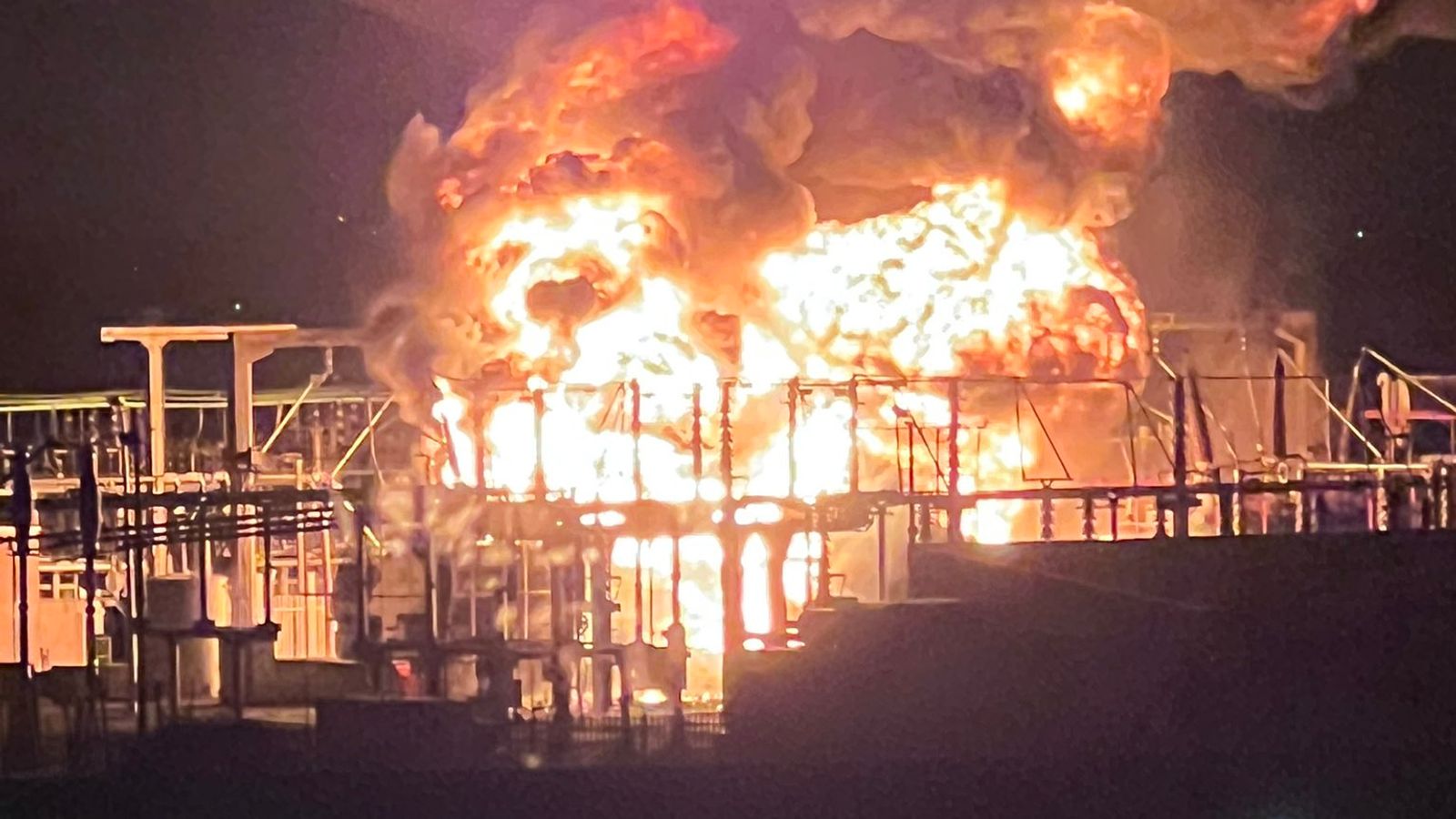LONDON — The price of oil could plunge to as little as $10 a barrel by 2050 if the world succeeds in electrifying the energy market and meeting Paris Agreement goals, a consultancy said on Thursday.
Energy research and consultancy Wood Mackenzie said in a report that if world leaders took decisive action to limit global warming to 2 degrees Celsius by 2050, as set out in the landmark Paris climate accord, oil demand would drop “significantly.”
Wood Mackenzie said under its accelerated energy transition scenario, the energy market would be increasingly electrified through to 2050, squeezing out the most polluting hydrocarbons, like oil.
Under this scenario, oil demand could fall 70% by 2050 from current levels, the report said.
Wood Mackenzie forecast demand for oil would start to fall from 2023 under this scenario and this decline would quickly accelerate thereafter, with year-on-year falls of around 2 million barrels a day.
The report said oil prices could go into “terminal decline,” with international benchmark Brent crude falling to between $37 and $42 a barrel by 2030.
Brent crude futures traded at $66.29 a barrel during morning deals in London, down around 0.4%.
Wood Mackenzie said oil prices could slide to between $28 and $32 a barrel by 2040, before slipping to between $10 and $18 a barrel in 2050.
Big Oil ‘cannot afford to be complacent’
Almost 200 countries ratified the Paris climate accord in 2015, agreeing to pursue efforts to limit the planet’s temperature increase to “well below” 2 degrees Celsius above pre-industrial levels and to pursue efforts to cap the temperature rise at 1.5 degrees Celsius. It remains a key focus ahead of COP26, although some climate scientists now believe that hitting the latter target is already “virtually impossible.”
To be sure, a United Nations analysis published on Feb. 26 found that pledges made by countries around the world to curb greenhouse gas emissions were “very far” from the profound measures required to avoid the most devastating impacts of climate breakdown.
Ann-Louise Hittle, vice president for macro oils at Wood Mackenzie, stressed that the consultancy’s report was a scenario rather than a “base-case forecast.”
“Even so, the oil and gas industry cannot afford to be complacent,” she added. “The risks associated with robust climate-change policy and rapidly changing technology are too great.”
— CNBC’s Sam Meredith contributed to this report.











